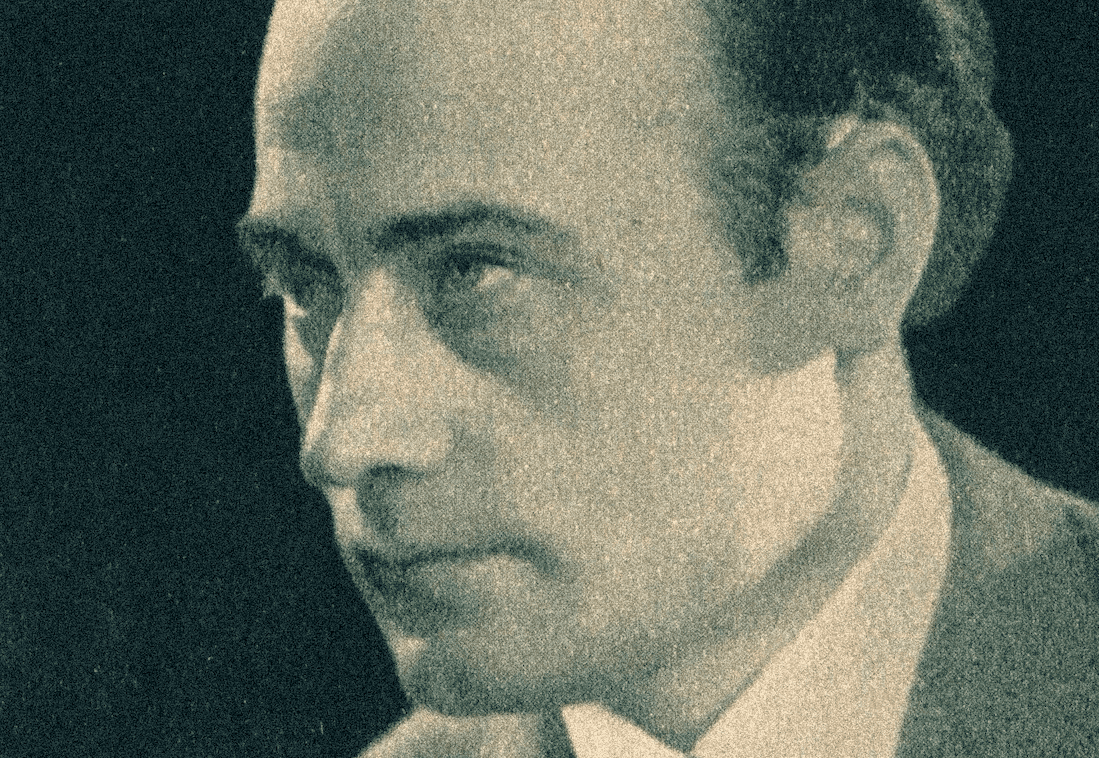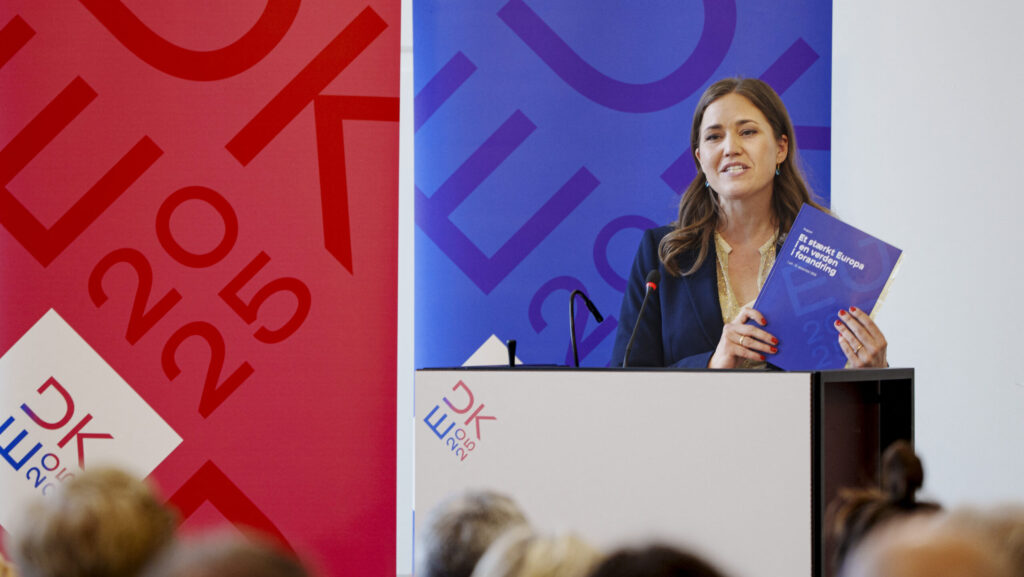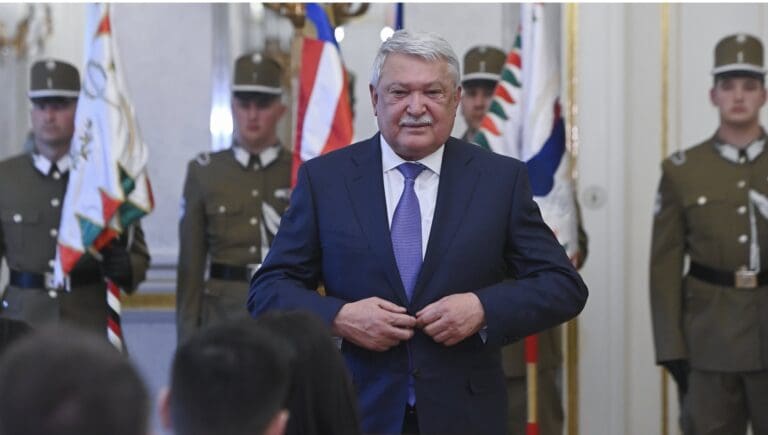Áron Tamási was born on 19 September 1897 in Transylvania, to a poor Sekler peasant family. When he was only nine years old, he accidentally shot his left thumb off with a pistol—which made his family decide to put the boy maimed for life through education. He started school in 1904, and in 1916, during WWI, as an enthusiastic patriot he volunteered to join the military. After a one year training he found himself on the battlefield, fighting in the bloody Piave (Italy) theatre. Wishing to leave the peasant life of his parents behind, in November 1918 he started to study law in Kolozsvár (today Cluj Napoca, Romania). In 1921, as he realised he was not really interested in becoming a lawyer, so he went on to study finance and trade, graduating in 1922. At the time he was already writing short stories, and won a literary prize, which catapulted him into the intellectual circles of Transylvania. He changed his name from János Tamás to Áron Tamási and started to work in a bank first in Kolozsvár, later in Brassó (today Brasov).
He and his family remained in disannexed Transylvania after the Trianon Treaty, but in July 1923 he emigrated to the United States, albeit deciding from the start that he would only stay a decade, to learn the language and to make some money. In the US he worked odd jobs initially, and later found employment in a bank. At the same time, his career as a writer started to take off again. He sent some of his short stories back to Kolozsvár, where they were published in 1925. His talent was immediately noticed both in Transylvania and in the mother country. In 1926 he moved back to Kolozsvár, where he was already celebrated as a prominent writer.
In 1932 he wrote his most famous novel, entitled Abel Alone. This was the first volume of his renowned Abel trilogy. The writer worked as a journalist in Kolozsvár, but in 1944, when Northern Transylvania was yet again awarded to Romania, he and his second wife (Tamási married four times) moved to Budapest. In Hungary he was soon elected a member of the Hungarian Academy of Sciences. During the Second World War, he was listed as a reserve soldier, but he never had to take part in the fighting. In 1945 he tried his hand at politics, however, that part of his life only lasted two years. The Communist regime recognised his life’s work with a Kossuth Prize, the highest state award conferred on those who make outstanding contributions to Hungarian culture. A prolific and acclaimed author, Tamási died in 1966 in Budapest. In accordance with his wish, he was buried in the village where he was born, in Farkaslaka, Transylvania.
Remembrance
Honouring his life’s work, the Hungarian state media is dedicating a series of programmes to Tamási and his oeuvre this month, including airing the film adaptation of the Abel trilogy on the M5 and Duna television channels, and public Kossuth radio broadcasting audio theatre versions of his short stories.
In Hungary, church bells traditionally toll in all settlements at midday, remembering the great victory of the Battle at Belgrade over the Turks in 1456. Kossuth radio broadcasts the bell ringing live from a different settlement in Greater Hungary each day, and today, on 20 September, the broadcast was from Farkaslaka, in memory of the great Sekler writer.
After his death, his wife created a foundation in his name. The foundation established a scholarship which is awarded each year to students at the Áron Tamási Secondary School. The house where he was born has been turned into a museum that celebrates his life and work. It was renovated and officially opened on the 75th anniversary of his birth in 1972. This year the museum was restored with funding from the Hungarian government. Exhibits in the museum include copies of his books in different languages such as English, Romanian, Polish, Czech and Slovenian. Several handwritten first versions of his novels are also on display in the museum. and so is some of his military gear from WWI.








